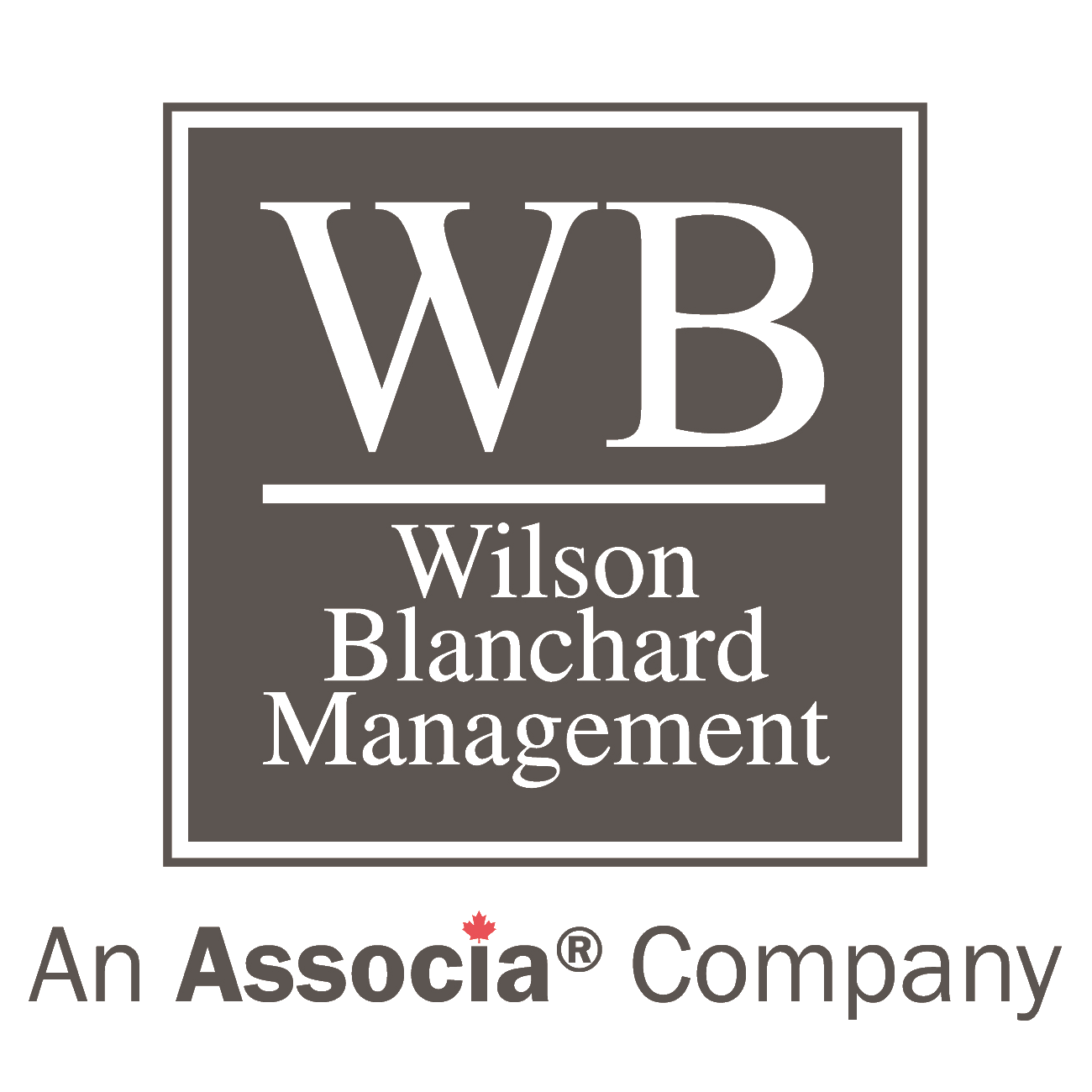Condo 101: A Complete Guide to Special Assessments
(Original article posted on the WB Digital Newsletter Stream)
Many condominium corporations effectively plan for the future and prepare for costs associated with typical maintenance and replacements. However, when a major repair or capital improvement project is needed, those that don’t have adequate funds set aside may have reasons to worry. If this happens, or the condo faces a significant unforeseen expense, a special assessment might be required. Read on to learn about special assessments, how to avoid them, and more.
What’s an Assessment?
Assessments are fees that all owners are legally required to pay. Depending on the governing documents and procedures, they can be collected annually, quarterly, or monthly.
These fees are the primary source of income for a condo corporation and are used to ensure the corporation can successfully perform the various duties and tasks for which it’s responsible. What condo fees cover depends on the community, but typically, this money is used to pay for repairs, maintenance, administration, and reserve funds for future repairs and improvements.
What’s a Special Assessment?
Occasionally, corporations need money in excess of the funds raised by regular condo fees to pay for unexpected costs. When this happens, the board has the power to levy a one-time or short-term special assessment to cover the additional costs.
What Do Special Assessments Pay For?
Special assessments should only be used to pay for unanticipated items or expenses not considered in the corporation’s budget or reserve fund planning.
How are Special Assessments Calculated?
Special assessments are almost always tied to direct costs. However, the calculation of amounts owing from each unit is tied to the proportionate share of fees set out in Schedule D of the corporation’s declaration.
Tips for Communicating Special Assessments
It’s no surprise that special assessments aren’t typically popular with homeowners. Fortunately, there are steps that boards can take to eliminate a bit of the pressure of the payment and process, including:
1. BE SENSITIVE.
Not all homeowners are in the same situation. Board members must be sensitive and recognize that a special assessment may cause more financial hardship on some than others.
2. GIVE NOTICE.
Homeowners are more likely to resist or be suspicious if they feel blind-sided by a special assessment. Always offer time to react, be transparent about the association’s financial health, and keep homeowners in the loop regarding a potential assessment.
3. HOLD A MEETING.
If possible, the board should hold a specific meeting before adopting a special assessment. Doing this will give the board members time to explain the decision and allow homeowners to propose recommendations and give feedback.
4. BRING IN THE PROFESSIONALS.
Ensure your corporation’s experts and professional partners are at the meeting to answer questions and support the board’s recommendation. Their presence will help alleviate tension and reassure homeowners that a special assessment is in the community’s best interest.
How to Avoid HOA Special Assessments
The board of directors has a fiduciary duty to create a budget that will cover all expenses—a special assessment shouldn’t be an excuse for inefficient budgeting. Special assessments can typically be avoided if proper long-term plans are in place and adequate reserve funds are set aside. Your condominium manager can provide additional guidance on budgeting best practices and reserve funds and studies.
